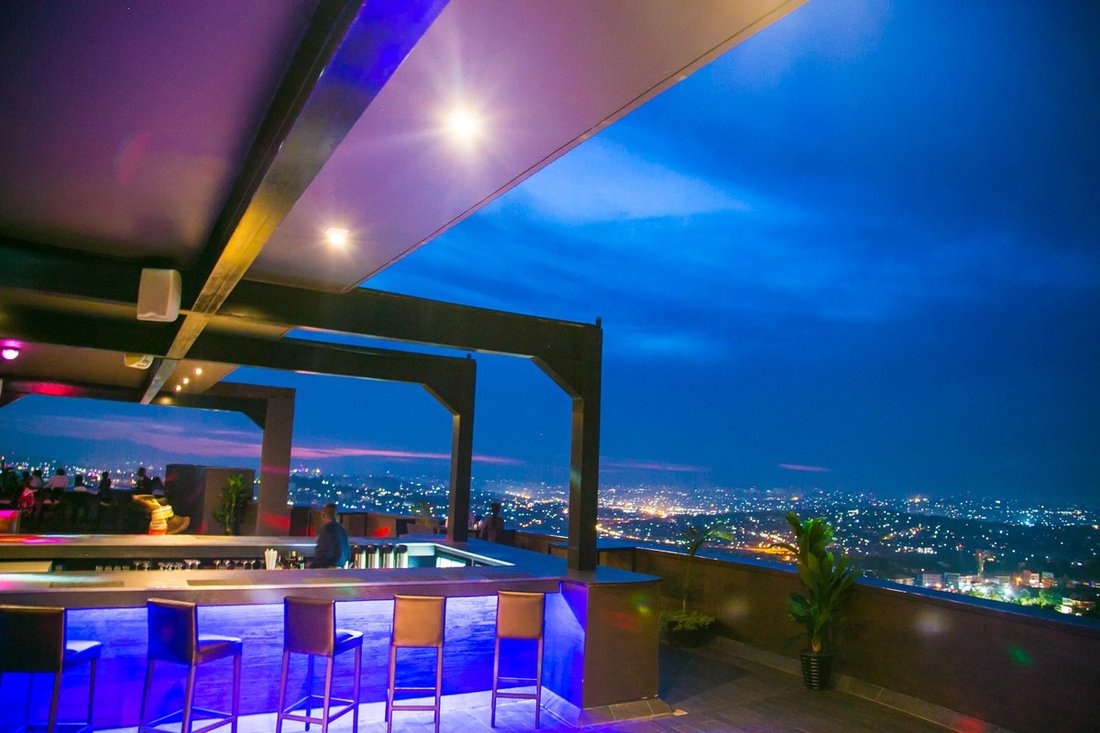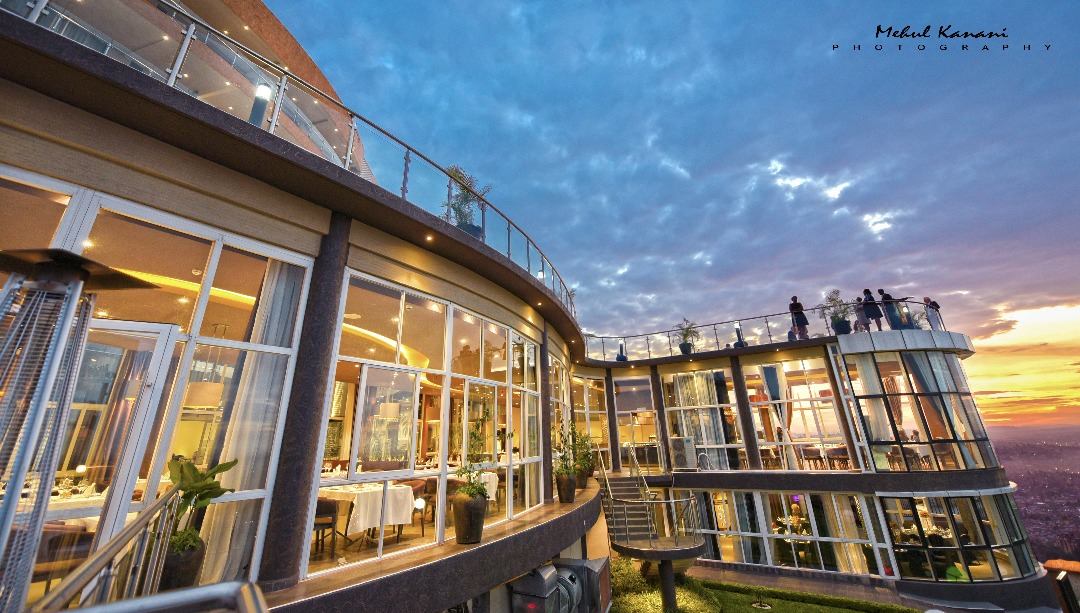Sitting on a hill or rooftop looking over Kampala is the perfect setting for a conversation – the kind that opens up your mind. This week I had a couple of such “bird’s eye view” meetings with friends smarter than myself who had so many interesting ideas to share. We looked out over the green hills sprinkled with orange tiled rooftops, the sparkling lights as sun set, and the snaking lines of Kampala traffic that just make you laugh, because what to do. A real life “meeting of the minds” has become evermore precious as the days fill with smartphone notifications… It makes you think about how people talk to each other on social media, and how much more enjoyable it is to hash out a difference of opinion in person, sitting together over tea and eats and a beautiful view.
It has become clear that social media is not a “safe space,” especially Twitter. People with entirely different worldviews argue with each other about the beliefs they hold dearest, which of course they have a strong motivation to defend. So quickly we go from an offensive tweet to “I hate you and everything you stand for!” I am talking about activist, social commentary Twitter here, but even “it’s not that serious” Twitter gets dragged into these conflicts all the time.
The questions I had for my smarter friends this week were: 1. what is the value of a brutal, militant style of communication; and 2. is it possible to bridge the gaps between people with different beliefs and tactics in order to collaborate better, or is it even necessary?
I found some answers in this video of Trevor Noah interviewing Barack Obama in which Trevor posed the question: "it is often difficult to skirt that line between speaking your mind and sharing your true opinion on race whilst at the same time not being seen to alienate some of the people you are talking to [...] I always wanted to know how you navigated that through your two terms."
Obama offered an insightful response. "There have been times in my public life when I said 'how can I say this diplomatically? How do I say this, as you indicated, in a way that it's received?' So there have been very few instances where I've said "well that was racist. You are racist.' There have been times when I've said 'you know, you might not have taken into account the ongoing legacy of racism' [...] Now some might say 'you are not speaking truth to power because of that diplomacy,' but I don't think that trying to appeal to the better angels of our nature is somehow compromise [...] and I would add, everybody's got a different role to play. You know, Chris Rock is doing stand up and there's a benefit to him doing something that is different from the President of the United States doing something. For one thing, he doesn't have to edit his language quite as carefully, because I am still subject to some restraints [...] children are watching and I try to comport myself in a way that my mother would approve of."
Obama pointed out that “everybody's got a different role to play.” I took this to mean that one approach is not necessarily better than the other, but actually they work together in the big picture. The Chris Rocks get people talking, checking each other and themselves, and breaking barriers. The Obamas nurture the relationships needed to build a better system.
I figure, even if the fighters and the diplomats aren’t working closely together, they can still be complimentary. An army can be motivated by the thought that just talking won’t solve the problem and someone’s got to fight, while the diplomat can point to fighting on the TL and say to the man, "look, there is a war going on out there, so it may be in your best interest for us to come to an understanding."
When I say “diplomat,” I really just mean taking interest in the interests of your adversary, and seeing if you can make them your ally. For example, as a woman I'm alert to discussions of feminism, and I am willing to hear a man out when he feels bad about being publicly shamed, unfollowed, blocked and labelled a rape apologist for tweeting something he didn't fully understand. That softens the ground for a discussion about this issue in relation to other injustices in our culture that hurt people of all genders, including him. I’ve found that listening to another person’s point of view creates trust that allows for more consideration on both sides, which helps you agree on solutions.
I know what works for me, but that is not to say it is the right way, because there is no one right way. The fact is that we are all coming from a different point of view, and so conflicts are going to come up. Everyone has to choose for themselves if they’re going to fight for it, if they want to learn from it, and whether they want to make a friend or an enemy. It could probably help if we all got better and giving and receiving feedback. Maybe our communications skills will collectively improve over time, because with globalization and social media, we’re getting a lot more practice at disagreeing. I’ve found it beneficial to have an open mind, be moderate, reasonable and compassionate, but that is not going to work for everyone. Still, I pray that we all get the chance to take the high ground, see life from a “bird’s eye view,” have a laugh and be at peace.



